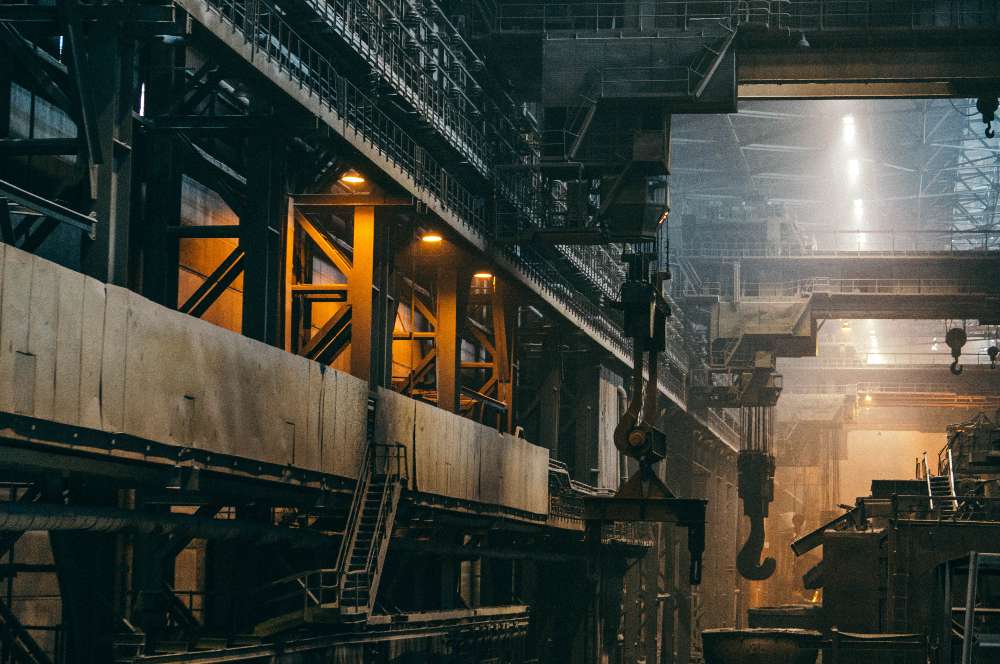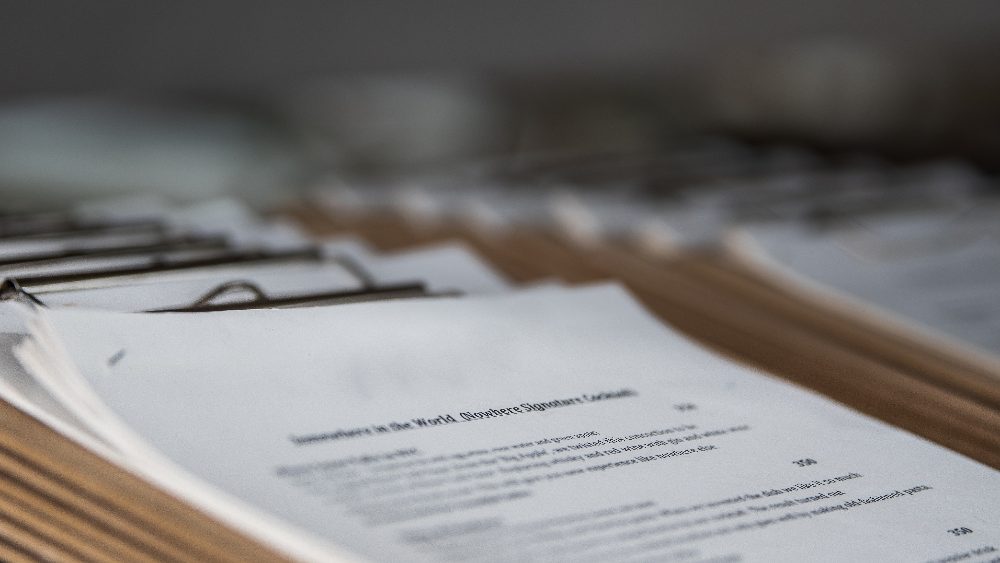Many foreign investors after careful considerations eventually decided to invest and set up factories in Thailand. Their decision took into account of Thailand’s geographical advantages, Thailand having the largest automotive industry and electronic parts supply chain in ASEAN, foreign-friendly investment environment and many other factors. But before investing in and operating a factory, we must understand the application process for a factory license in Thailand so as not to accidentally violate regulations or waste time and resources during application process. This article will explain the following: 1. Types of factories 2. Locations where factories can be established 3. Application process

Do I need to apply for a factory license?
The main reason for applying for a factory license is to comply with Thai law. The Factory Establishment Act stipulates that factories with machinery of 50 horsepower or more or factories with 50 or more workers must apply for a factory operating permit in accordance with the procedures and conditions prescribed by the Ministry of Industry. The main reason is to control activities within the factory so that they do not have a negative impact on the environment and society.
Factory types
Factory types are divided into the following three types:
Category 1 factory
Category 1 factories refer to factories whose machines use no more than 20 horsepower, have no more than 20 employees, and does not produce pollution. Category 1 factories do not need to apply for a factory license (Ror Ngor 4).
Category 2 factory
Category 2 factories refer to factories whose machines use more than 20 horsepower but not more than 50 horsepower, have 21-50 employees, and does not produce pollution. Category 2 factories do not need to apply for a factory license (Ror Ngor 4), but they must notify the Bureau of Industry officials before the factory is established or operated.
Documents that Category II factories must prepare to notify the Industrial Bureau:
- Copy of passport and work permit, copy of household registration (natural person)
- Copy of legal person registration certificate, name of designated authorized person, office location and purpose (juridical person)
- Layout of buildings in the factory area
- Other documents requested by the official
Category 3 factory
The third category of factories refers to factories with machines that use more than 50 horsepower, more than 50 employees, or factories where there are concerns about pollution. Category 3 factories need to apply for a factory license (Ror Ngor 4).
Areas where factories are prohibited
Although some types of factories do not require a factory operating license, however, entrepreneurs should be aware of the prohibitions regarding factory locations before choosing a factory location.
All types of factories are prohibited from being built in the vicinity of residential areas, apartments, shop areas and residential uses.
Category 1 and 2 factories are prohibited from being built within 50 meters of public places such as schools, temples, hospitals, monuments, and government agencies. Category III factories shall not be located within 100 meters of adjacent public places.
Before buying land, you must select an area that can be used for industrial purpose. Please refer to my guide land purchase and for things you need to pay attention to when buying land.
Preparatory work for applying for factory permit
If your factory belongs to the third category and needs to apply for a factory license, then you need to do the following three preparatory tasks.
- Select a suitable factory site and obtain a construction permit.
- Village meeting: A briefing session needs to be held locally. The meeting will focus on informing the community about the factory operation and the development and impact of the community.
- Some Category 3 factories are required to prepare an Environmental Impact Assessment (EIA) report. EIA needs to issue an approval before the applicant can get the factory permit.
Where can I apply for a factory permit?
For factories in Bangkok, please apply for a factory operating license at the Department of Industrial Works in Bangkok or submit online. Factories in other provinces need to apply for a factory business license from the Provincial Industrial Office of that province.

Documents required to apply for a factory permit
- Factory license application form (Ror Ngor 3)
- Company certificate photocopy, within 3 months (juridical person)
- A copy of your passport, a copy of your work permit, a copy of your building registration or a copy of your authorized director’s passport (natural person)
- Authorization letter (if needed)
- Copy of land ownership title deed or document proving land use rights
- Factory floor plan signed by engineer to certify safety
- Machine installation diagram signed by engineer to certify safety
- Copy of construction permit and factory design drawing
- Production Process
- Other documents requested by the Industrial Office, such as risk assessment reports
Procedure for applying for factory permit
After the applicant prepare all the required documents, the owner can submit all the documents to apply for the permit. The Industrial Office will evaluate the application documents after receiving them. After passing the assessment, the factory owner will be notified to pay the factory registration fee and issue a factory license. After obtaining the factory license, you must remember to pay the annual fee on time every year.
I hope that after reading this article you will have a better understanding of the process of applying for a factory license in Thailand. If you are interested in investing in Thailand, feel free to check out my other Thailand investment guides. In addition to factory construction related matters, there are also guides on BOI application, property and so on. If you are looking for consultation services, please see my services page. Feel free to call or email me to get your first consultation for fee.